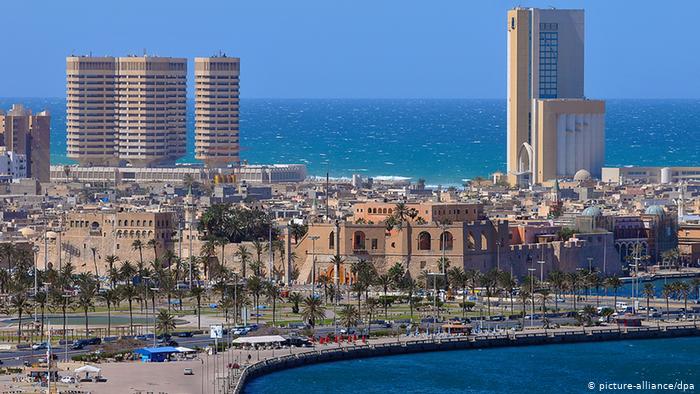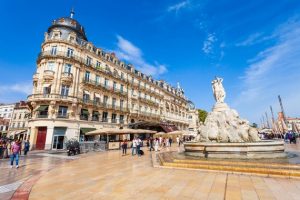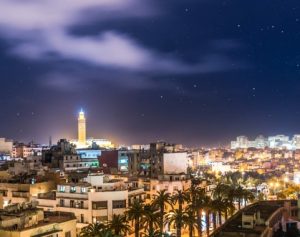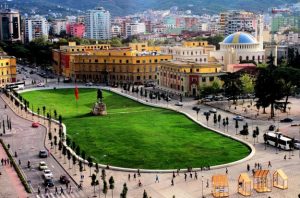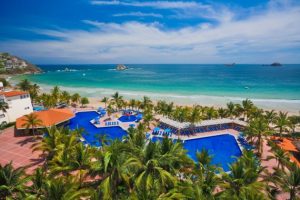Tripoli is the capital of Libya, the administrative center of the municipality of the same name. Population – 1,780,000 inhabitants according to 2007 data. The city is located in the northwest of the country, on the shores of the Mediterranean Sea bay.
Warnings & Dangers in Tripoli

OVERALL RISK : MEDIUM
Tripoli is not the safest place for travelers, but if you use common sense and take precautions, you can avoid most of the troubles.

TRANSPORT & TAXIS RISK : MEDIUM
Public transport is not well developed. Traffic on the roads can be hectic and unsafe. Pickpockets are common on buses. Use only licensed taxi services.

PICKPOCKETS RISK : HIGH
Pickpocketing occurs in Tripoli at every turn, so wear an anti-theft backpack, look after your belongings, and don't leave your phones and wallets unattended. In crowded places, keep an eye on your surroundings.

NATURAL DISASTERS RISK : LOW
The city is not subject to any serious risks of natural disasters.

MUGGING RISK : MEDIUM
In the suburbs of Tripoli, local gangs' showdowns take place, during these showdowns, there are shootings and kidnappings. Avoid these areas and don't get involved with drugs.

TERRORISM RISK : HIGH
In the past, the city has become a target for terrorist attacks, so this risk cannot be completely ruled out. Study the political environment and news before your visit here.

SCAMS RISK : MEDIUM
Fraud is commonly associated with street vendors offering counterfeit goods to tourists. Don't buy them even if the price is very attractive. Also, only withdraw money from ATMs at banks with cameras to avoid skimming your card.

WOMEN TRAVELERS RISK : HIGH
Women are not advised to travel to this city alone; it can be hazardous. You also need to be quiet and wear modest clothing.
How Safe Is Tripoli for Tourists?
Tripoli is not the safest city to visit.
The crime index here ranges from high to medium.
The main problems are related to corruption, drug trafficking, assault, and theft.
You need to be as attentive as possible to your surroundings and watch your belongings in this city.
Most dangerous area in Tripoli: Bab Alazizia – mainly Varsifana, Tripoli’s criminal center.
Most of all, attacks and robberies happen here.
Any area adjacent to Bab Alazizia, such as Injila, is dangerous, even though they have blocked the main roads connecting the two areas.
The most dangerous areas are in the city center.
Avoid talking about political topics.
It’s good to have a friend or guide in this city who will only help you travel to safe places.
Try not to openly show that you are a foreigner, as this may lead to increased interest in you.
If you are a woman wearing more modest clothes than in your country and
It is usually safe here during daylight hours.
However, at night even here, one should be careful.
Don’t trust strangers who ask or offer you help.
Don’t carry too many expensive items and cash with you.
Leave them in the hotel safe.
Do not leave personal belongings in the car if you are traveling by car.
Do I Need a Visa to Visit Tripoli?
Visitors to Libya must obtain a visa from one of the Libyan diplomatic missions unless they come from one of the visa-exempt countries. A valid passport is a must.
Which Currency Is Used in Tripoli?
Libyan dinar is the national currency of the State of Libya, equal to 1000 dirhams. Banknotes in denominations of 50, 20, 10, 5 and 1 dinar are in circulation.
How's the Weather like in Tripoli?
The summers are hot, muggy, arid, and clear in Tripoli, and the winters are cool, windy, and mostly clear. The milder spring and autumn months are probably the best time to visit the city.
What Do I Need to Know about Airports in Tripoli?
Tripoli International Airport is a former international airport built to serve Tripoli, the capital of Libya. The airport is located in the Qasr bin Gashir area, 24 km from the center of Tripoli. It used to be a hub for Libyan Airlines, Afriqiyah Airways, and Buraq Air.
Should I Get Travel Insurance for My Travels?
Tripoli is a small yet major city on the coast of the Mediterranean Sea. It was the center of ancient trading, Ottoman rule, and Islamic communities. Today, the city, like most of Lebanon, bears the scars of war and strife; however, this does not affect its old-world beauty or historical significance. Visit the Citadel of Raymond de Saint-Gilles, old souks, mosques.
What Are Some Things to Do in Tripoli?
Tripoli is the second-largest city in Lebanon, the administrative center of the governorate of North Lebanon. Located 85 kilometers north of Beirut, it is the capital of the Governorate of North Lebanon and the Tripoli region.
Is the Water in Tripoli Safe to Drink?
In general, the water in Tripoli is not safe to drink.
Is Uber Safe in Tripoli?
There is no Uber taxi in Tripoli. You can use any other local taxi services.
